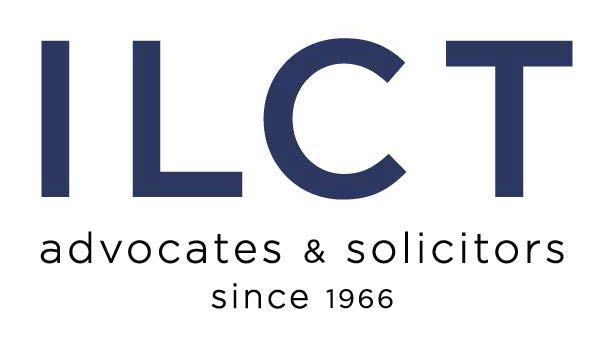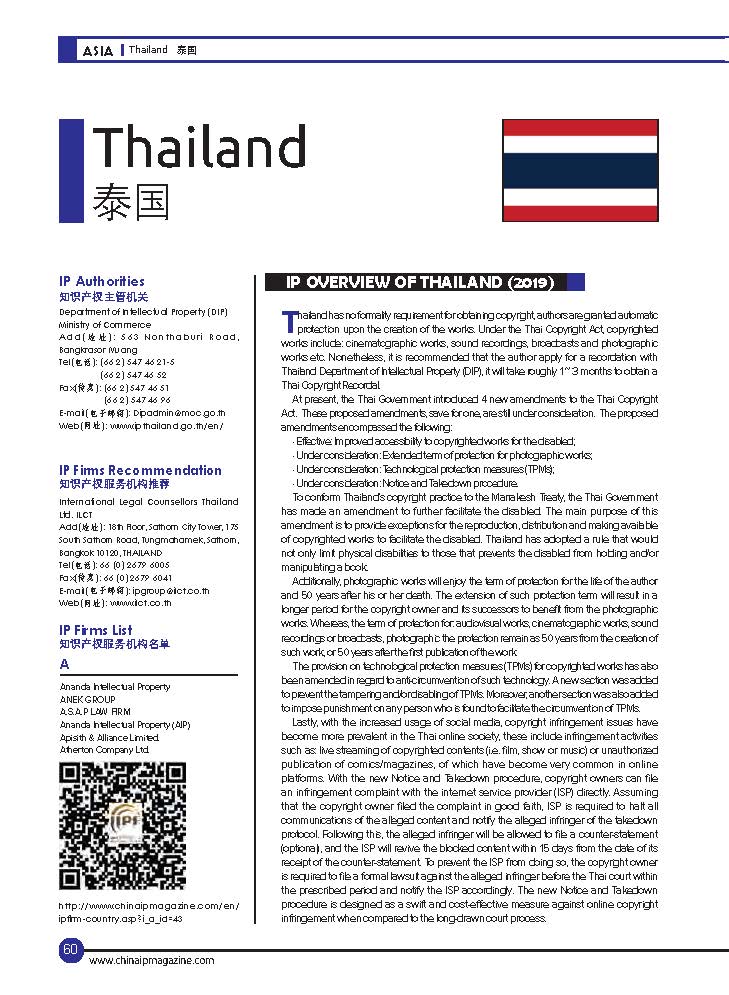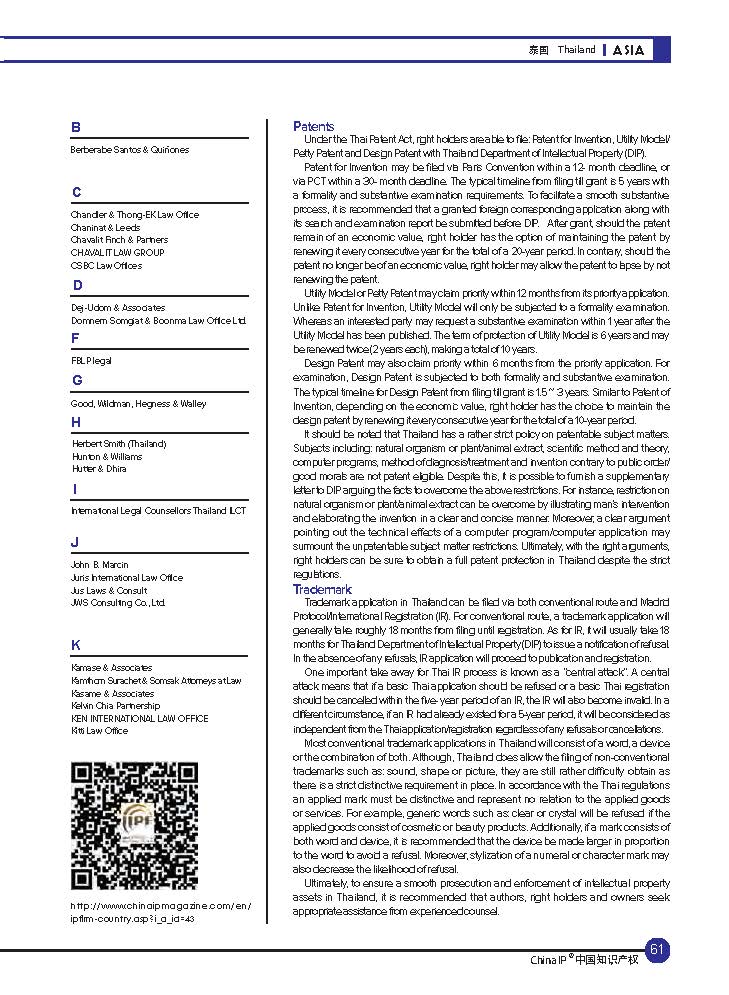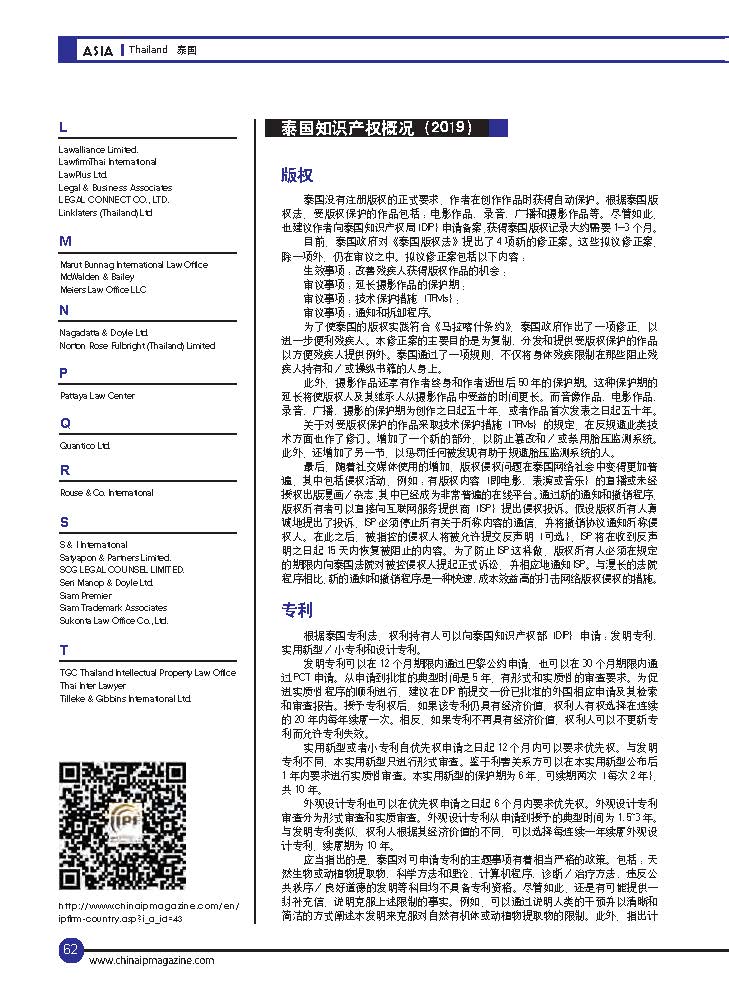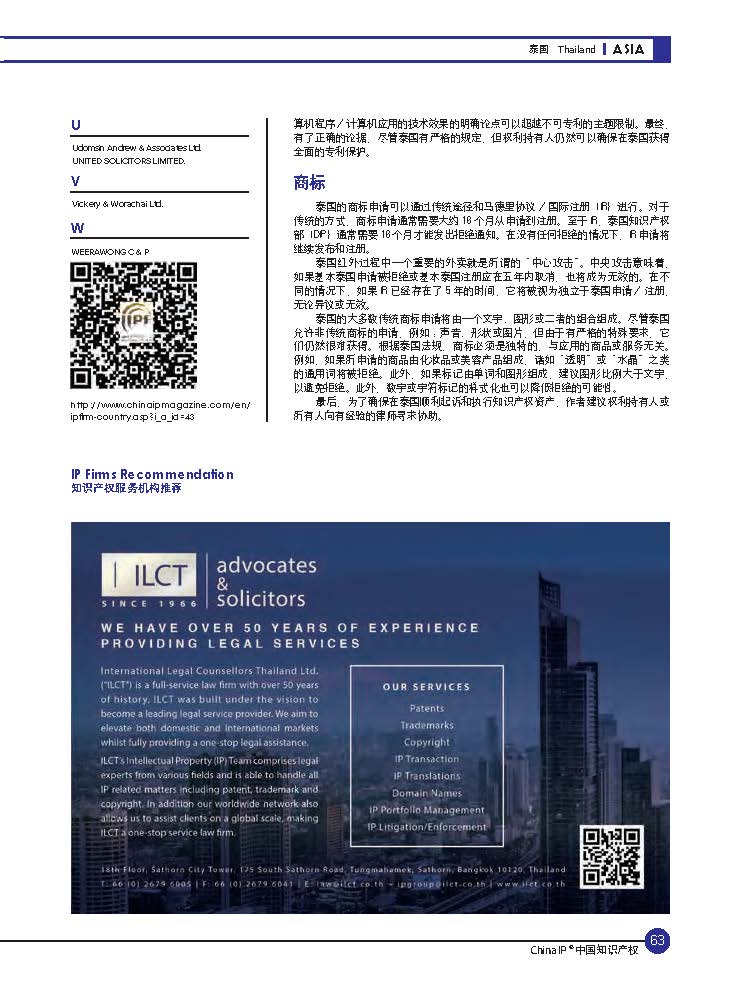Thai SEC is now conducting a public hearing for requirements on cryptocurrency investors
Due to the drastic increase in the popularity of cryptocurrency (“crypto”) trading and the surge in crypto value in the past few months, the Thai Securities and Exchange Commission (SEC) is now conducting a public hearing to propose new regulations in regard to qualifications of crypto investors and knowledge test requirement.
The SEC views that crypto is a new digital asset as opposed to stocks, bonds or gold which are traditional assets and therefore, many crypto investors or traders especially young people need to have sufficient knowledge, trading experience and financial status prior to investing in crypto since its price is highly volatile. As such, it is necessary to implement a proper framework to protect the investors and safeguard the local economy.
The public hearing process is underway and expected to end on March 27, 2021. The main topics in the crypto public hearing process, are divided into two parts which are (1) qualifications for crypto investors and (2) knowledge test requirement. In order to be eligible to trade crypto, traders must meet any of the requirements:
1). Financial Requirements
- Crypto investors must have an annual income over THB 1,000,000 (i.e., exceeding THB 83,000 on monthly salary), this does not include the annual income of the spouse; or
- Have a net asset value worth over THB 10,000,000, this does not include the real estate value of the investor’s permanent residence; or
- Have invested in securities, future contracts or digital assets with the port size of over THB 5,000,000 in value.
The above requirements, however, do not apply to investors who wish to invest in the stable coin.
2). Knowledge Requirements
- Crypto investors must pass at least 80% in the knowledge test prior to investing in crypto; and
- Must have at least 2 years of investment experience on crypto trading, securities or future contracts; or
- Have obtained necessary training in finance and investment (e.g. CFA, CISA, CAIA or CFP).
The above requirements, however, do not apply to investors who open a trading account with digital asset fund manager.
3). Trading Requirement
- The minimal value in a newly opened trading account must be at least THB 1,000.
For those that have failed to meet the above proposed requirements, but still wish to invest in crypto, they will be required to invest via a Digital Asset Fund Manager approved by the SEC who also needs to design and implement an appropriate knowledge test for the investors prior to trading. Overall, the new proposed requirements for crypto investors are rather controversial, especially the financial requirements. Proponents of crypto trading have argued that such hefty requirements will further disincentive crypto trading in Thailand and would cause unintended consequence which may divert Thai crypto investors to black markets or unregulated operators abroad instead.
This is the latest development on crypto trading framework in Thailand. We expect more news and updates in the near future and will keep you posted on the development. For further assistance, please contact: law@ilct.co.th.
By: Palawi Bunnag & Chart Chotiphol
